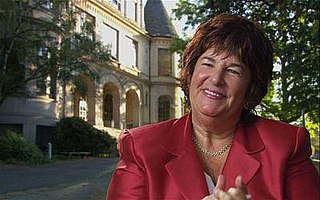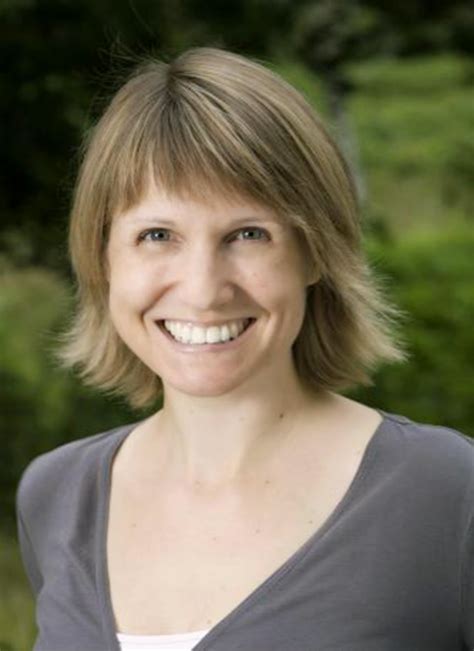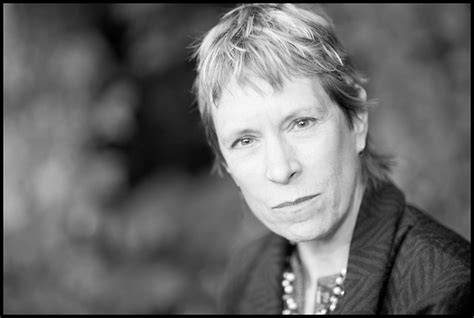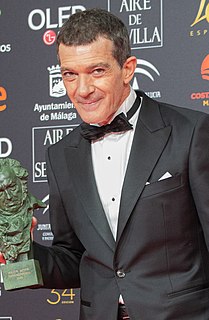A Quote by Werner Herzog
In the Chauvet Cave, there is a painting of a bison embracing the lower part of a naked female body. Why does Pablo Picasso, who had no knowledge of the Chauvet Cave, use exactly the same motif in his series of drawings of the Minotaur and the woman? Very, very strange.
Related Quotes
Chauvet Cave is rather like the awakening of the modern human soul or I would say the awakening of modern human culture. Because Neanderthal men who still rode the landscape parallel to the people who did these paintings didn't have culture. There's no evidence of culture, no symbolic depiction, no evidence of music, no evidence of sculptures, no evidence of religious beliefs.
Literature is love. I think it went like this: drawings in the cave, sounds in the cave, songs in the cave, songs about us. Later, stories about us. Part of what we always did was have sex and fight about it and break each other’s hearts. I guess there’s other kinds of love too. Great friendships. Working together. But poetry and novels are lists of our devotions. We love the feel of making the marks as the feelings are rising and falling. Living in literature and love is the best thing there is. You’re always home.
One extremely important purpose of emotions from an evolutionary perspective is to help us decide what to remember and what to forget. The cavewoman who could remember which cave had the gentle guy who gave her food is more likely to be our foremother than the cave woman who confused it with the cave that held the killer bear. The emotion of love (or something resembling it) and the emotion of fear would help secure her memories.
Seeking the Cave is part travelogue, part literary history, and part spiritual journey. James Lenfestey is a lively and entertaining tour guide. Modest, funny, curious, and wide open to the world, he gives us perceptive glimpses of Chinese culture, ancient to contemporary, and into what it means to be a poet, both now and twelve centuries ago. The account of his quest to find Han Shan's cave is a delight from beginning to end.


































